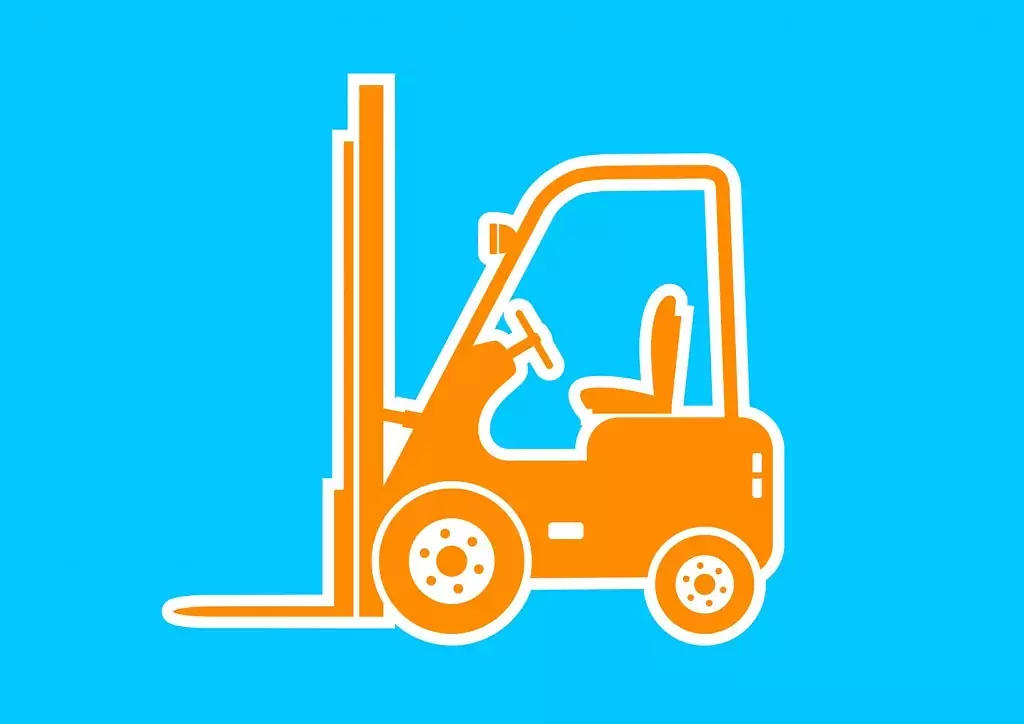 Purchasing a forklift truck means a generous amount of upfront investment on your part. Whether you are getting a new or used forklift, the best way to recoup your investment is by making sure that you have a decent understanding of your options and business requirements. Because a large part of picking the right forklift pertains to how well you have done your homework (a.k.a. background research), here are four major factors every prospective forklift buyer should consider when evaluating a potential workhorse.
Purchasing a forklift truck means a generous amount of upfront investment on your part. Whether you are getting a new or used forklift, the best way to recoup your investment is by making sure that you have a decent understanding of your options and business requirements. Because a large part of picking the right forklift pertains to how well you have done your homework (a.k.a. background research), here are four major factors every prospective forklift buyer should consider when evaluating a potential workhorse.
Investigate Product Quality and Reliability
Every forklift brand has its own unique ergonomic design. Some brands may excel in creating narrow aisle forklifts, while others may focus more on excavators. Take the time to research different brands. Speak to experts, colleagues, and friends who use forklifts for similar business operations like yours. Once you narrow down your choices, you can collect more firsthand opinions by joining forums and reading online reviews.
Return on Investment: Cost vs. Time
Besides finding out the strengths and weaknesses of a forklift brand through effective research, prospective forklift buyers should remember that the ultimate goals for purchasing a forklift are (1) to increase the quality of warehouse performance and (2) to improve workplace productivity. As a result, the cost of ownership is an important consideration because the expenses you have to pay for a forklift do not stop after the initial upfront cost. Before you sign off the deal, make sure you ask your supplier to explain the running costs (maintenance costs, part costs, resale value, and etc.) behind your workhorse. Take notes and seriously consider your purchase to ensure a favorable ROI.
Versatile Parts Supply
The productivity of forklifts is enhanced by forklift attachments. For example, a self-dumping hopper allows you to retrieve and deliver relatively heavy bins and materials from Point A to Point B. The safety work platform, on the other hand, keeps your operators and workers safely within its safety guards and railings. In addition to understanding the variety of attachments, your supplier should have a wide range of spare parts readily available to reduce the downtime of your forklift. Ask your supplier about part accessibility for the particular model and brand of your choice to gain security regarding future maintenance.
The Needs and Wants of Your Workplace
In the midst of forklift hunting, it is easy for buyers to get carried away by the amount of information they need to process. To avoid making a hasty purchase, buyers should remember that a good forklift does not necessarily mean that it is “suitable” for the business. Examine the types of material handling jobs you have and compare that to your existing forklift team. Do you need another forklift to handle tricky materials? Would purchasing an order picker eliminate the work stress of your team? Keep these needs in mind to filter through your options and identify the perfect forklift for your warehouse.
